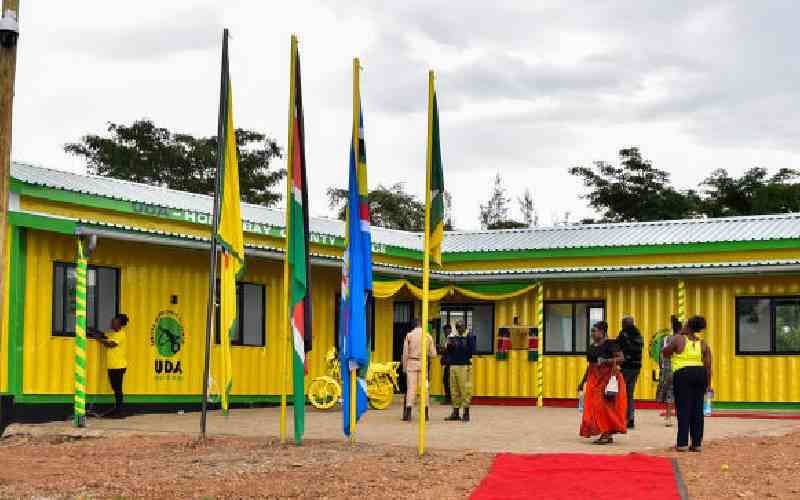×
The Standard e-Paper
Join Thousands Daily

The ruling United Democratic Alliance (UDA) has followed the path of established political parties in flip-flopping on grassroots elections.
The exercise initially scheduled for December 9 has been pushed to April next year following concerns that holding the polls early would cause divisions in the ruling party or it would be infiltrated by their opponents.